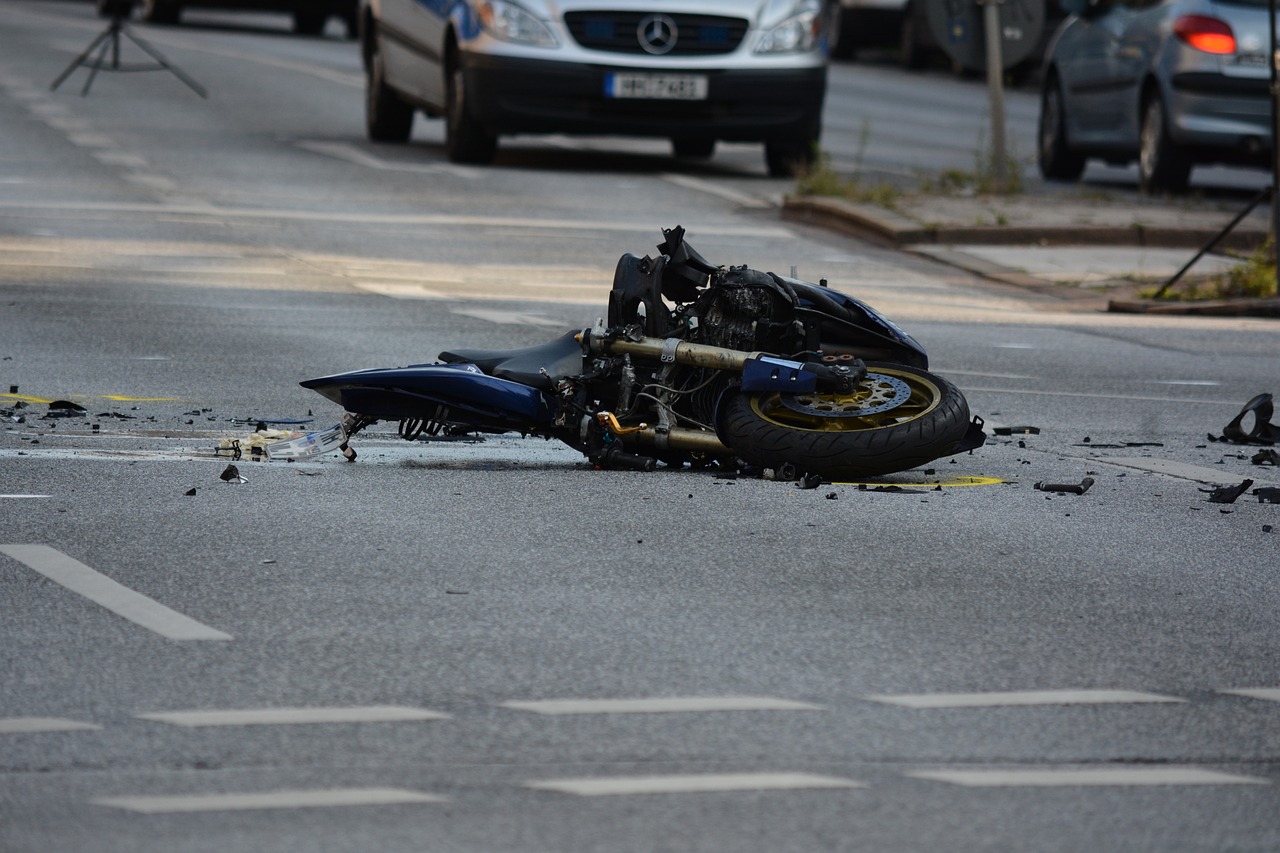The PCA or Prevention of Corruption Act of Singapore is the main legislation that regulates bribery and corruption cases. The Penal Code is another legislation related to it. The provisions of it cover the conducts of both public officials and private entities. A related statute is CDTSA that authorities can use to confiscate benefits derived from corruption offenses. There is an overlapping of offenses covered under both these regulations. Due to less severe punishments prescribed under the Penal Code, it is the PCA that is preferred in most cases to prosecute a person for illegal gratification.
Corruption charges can be brought against the main person as well as any accomplices. The corruption is defined as an act of soliciting or receiving, or agreeing to receive for self, or for any other entity any monetary or other type of gratification. The person may have committed corruption by giving, promising or offering the benefits that the recipient or recipients are not eligible to receive. All such corruption cases are investigated thoroughly and the person or persons found guilty are punished severely as per the laws of Singapore. Due to these anti-corruption Singapore laws, there are very few instances of corruption here.









